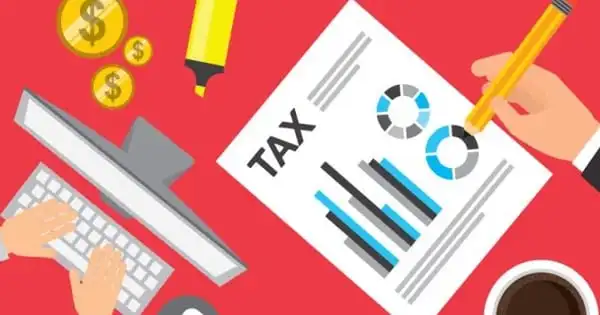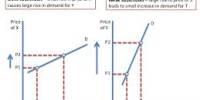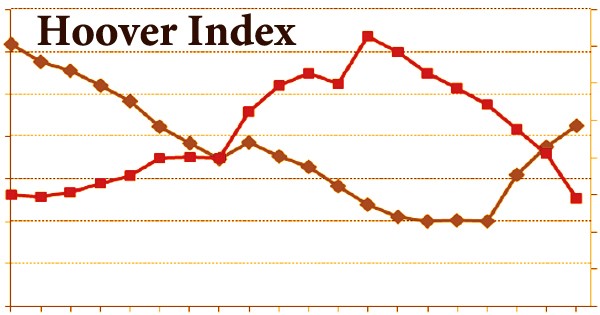Tax reform is generally undertaken to improve the efficiency of tax administration and to maximize the economic and social benefits that can be obtained through the tax system. It is the process of changing the way taxes are collected or managed by the government, and it is usually undertaken to improve tax administration or to provide economic or social benefits. A tax is defined as “a financial charge or other levy imposed on a taxpayer (an individual or legal entity) by a state, or the functional equivalent of a state.”
Tax reform, by definition, entails altering the structure of one or more taxes or the tax system in order to improve their operation and achieve their goals. When tax reform is proposed, certain elements or steps must be taken in order for it to be successful and implemented. To begin, the tax reform proposal must include a description of the proposed ideal tax system, that is, what the reform is intended to accomplish and where it is intended to lead. It is critical to perform an accurate diagnosis of the current system.
Tax reform can include lowering the government’s taxation of all people, making the tax system more or less progressive, or simplifying the tax system and making it more understandable or accountable. Direct taxes on income and wealth (e.g., personal and corporate income taxes, property tax) and indirect taxes on consumption (e.g., Value Added Tax (VAT), excise duties) are examples of taxes.
Global and donor interest in developing countries’ domestic revenue mobilization, particularly taxation, has grown. Numerous organizations have been formed around the world to reform tax systems, often with the goal of reforming income taxes or value-added taxes into something more economically liberal. There is a growing understanding of the role of taxation in state-building, particularly in terms of improving state capacity and state-society relations. Other reforms advocate for tax systems that attempt to address externalities. Such reforms are sometimes proposed to be revenue-neutral, as in the revenue neutrality of the FairTax, which means that they should not result in more or less tax being collected.
Tax reform can reduce tax evasion and avoidance while also allowing for more efficient and equitable tax collection to fund public goods and services. It has the potential to increase revenue levels and promote future independence from foreign aid and natural resource revenues. Through redistribution and behavior change, it can boost economic growth and address issues of inequality.
The primary goals of comprehensive tax reform should be to gradually raise enough revenue to –
(1) make investments that will grow the economy, and
(2) put us on a path to reduce the deficit in the long run. Low- and middle-income Americans are already contributing to deficit reduction through the Budget Control Act spending caps, and they will most likely be asked to make additional sacrifices. The only way for wealthy Americans to contribute significantly to that sacrifice is through progressive tax reform.
















